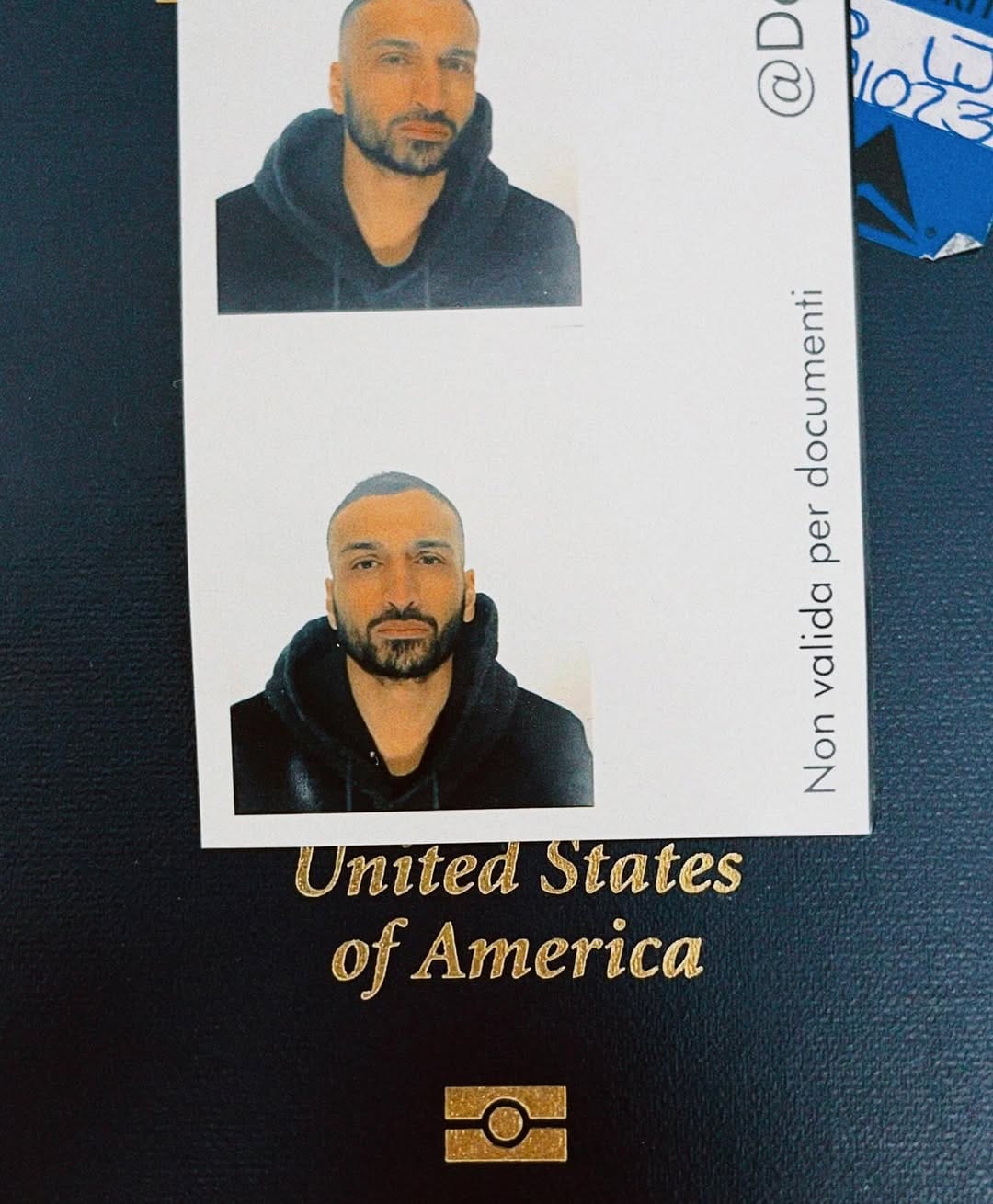The Soft Labor Questionnaire: Haris Fazlani
Welcome to Soft Labor, the namesake publication of Soft Labor, a strategic consultancy for organizations, designers, and the culture industry led by Sarah Hromack-Chan. Soft Labor is a publication about creative labor—what it is, what it looks like, and how it has and will continue to change. Did someone forward you this publication? Subscribe, read our archives, or email us at info@softlabor.biz.
The Soft Labor Questionnaire
The Soft Labor Questionnaire is simply that: A brief series of questions we’ve asked comrades in the field to answer about their own working experiences.
Today's respondent is Haris Fazlani, a creative director and co-founder of WØRKS, a NYC-based studio working at the intersection of strategy, creative direction, and design. His practice centers on building culturally attuned, concept-driven brands through intentional storytelling and visual clarity. Outside of client work, he explores form and materiality through furniture design.
Tell us about the first job you ever did for money.
I bagged groceries and herded shopping carts at a supermarket in upstate New York, outside of Albany. I was 15 — which was the earliest legal age to work at the time.
Is your current work related to what you studied in school? If so, how? Or, how not?
I didn't even know you could do what I do today when I was growing up. I went to school for business and marketing, as the first son of immigrants was meant to graduate and find a "real job" to help provide for the family. I was always a creative kid, making things for myself, learning photoshop, how to design websites, etc, and was fortunate to be able to leverage that passion into a calling, a commercial skillset and a life mission.
What cultural touchpoint—music, art, literature, etc.—has informed your practice the most? How?
This is liquid for me. I have tried hard to be relatively multi-disciplinary, learning a lot about a lot of mediums. Early on, music and fashion were much most important to me. They shaped how I saw the world, how I engaged with it, my early tastes. As I've grown and matured, I find myself moving up the cultural funnel, so to speak. At the center of all culture, in my opinion, is literature and fine art. These are the realms that people feel most free to express ideas and concepts. Eventually, they trickle down to the masses through more "accessible" forms of mass culture that traditionally have more utility like music, fashion, and design.
What is the most rewarding aspect of working in your industry? The most challenging?
There are multiple rewarding aspects: solving creative problems with clients, creating visible work, and maybe most aspirationally, creating beauty that makes the world just a touch brighter. That's obviously not always the case, but that idealism is the fire that keeps me going.
Has AI impacted your work? How?
I've integrated AI into almost every part of my flow, both personal and professional. It's slowly changing the way I think about what's possible. In our practice, it's changed the way we approach strategy. Through a handful of tools, I can research, concept and ideate quickly. Our specific touch, experience and ingenuity is still the most important component — discernment is of the utmost importance. Personally, I've been using it as a health consultant, feeding specific tools to figure out how to optimize for my specific biology.
What advice would you give to someone starting a career in your industry?
I still believe deeply in mentorship and earning your opinion. Seek out mentors, work for people or companies you admire and soak up as much as you can. Experience actual client work. Doing your own work in a silo is also important — but do both. It seems like an important thing for young people these days to get their 'perspective' into their work — and while that is valuable, I believe that cultivating a unique perspective is a lifelong process. We aren't just born with our artistic opinions, we discover and develop them over time and experience.
What are you obsessed with that has little-to-nothing to do with "work"?
Fitness. Movement. Being able to be as mobile as possible for as long as possible is super important to me. Also seeking art and architecture in different places. Also learning more about antiquity — I have been more and more interested as of late in concepts that have stood the test of time versus ones that have recently come into existence.
